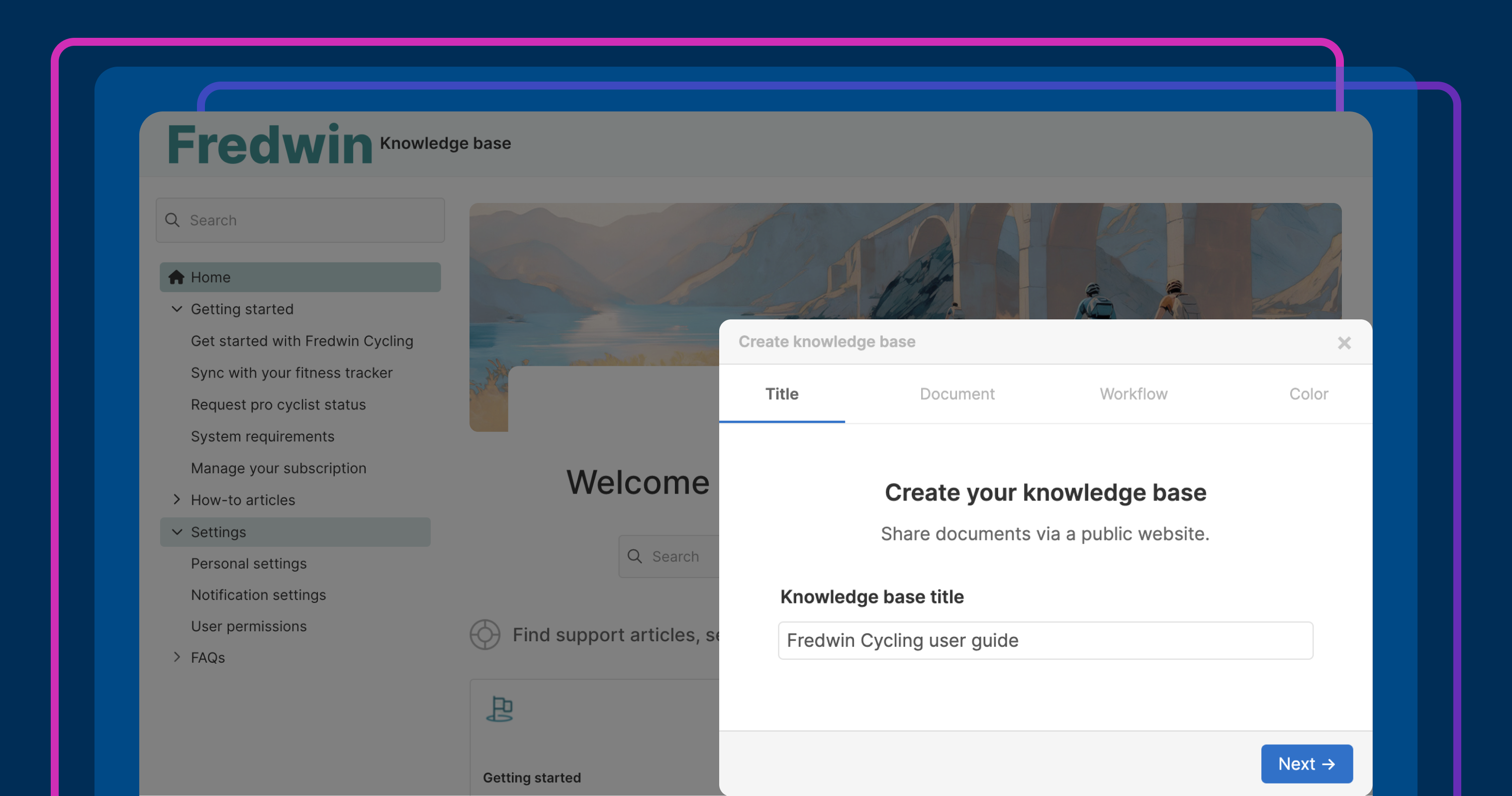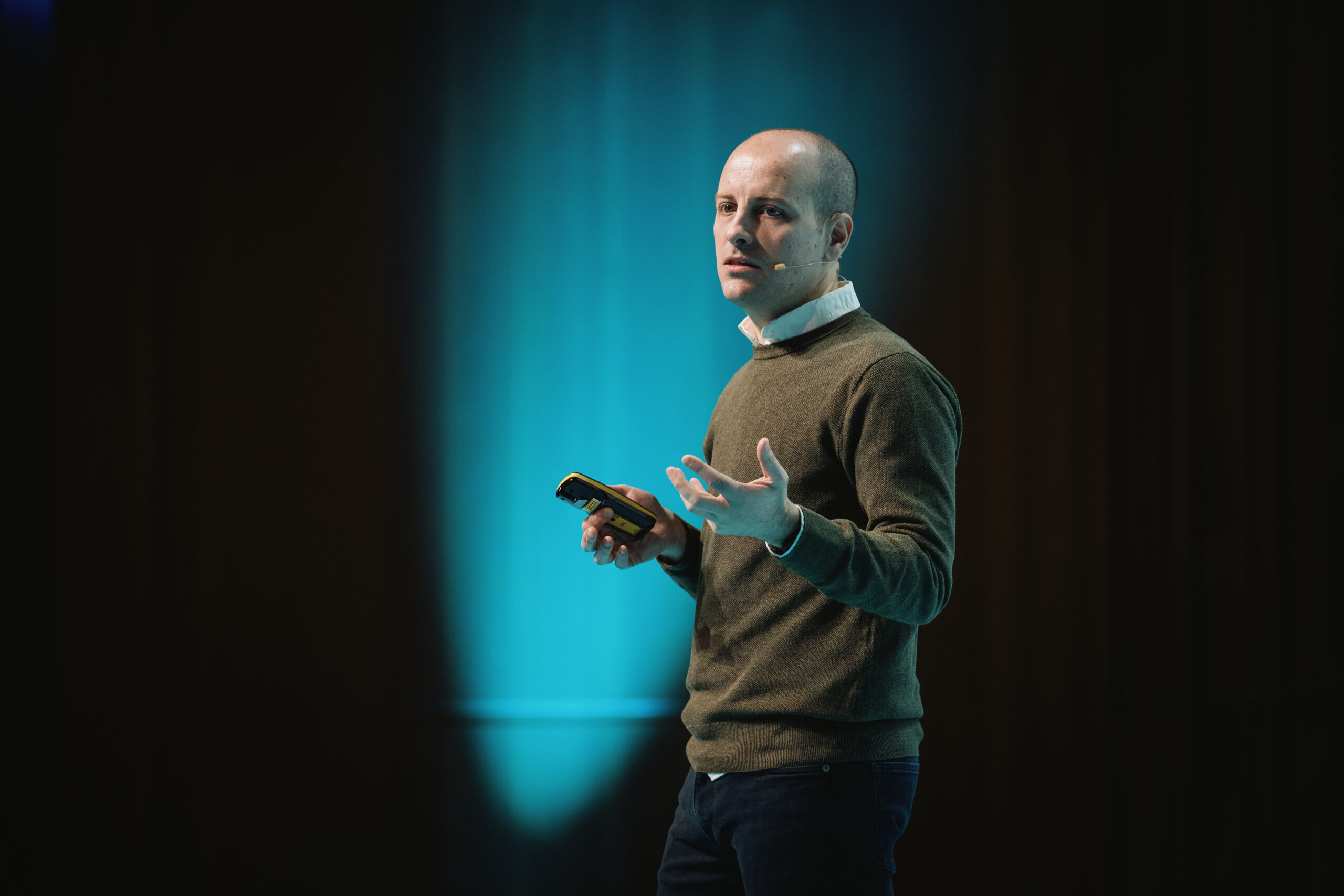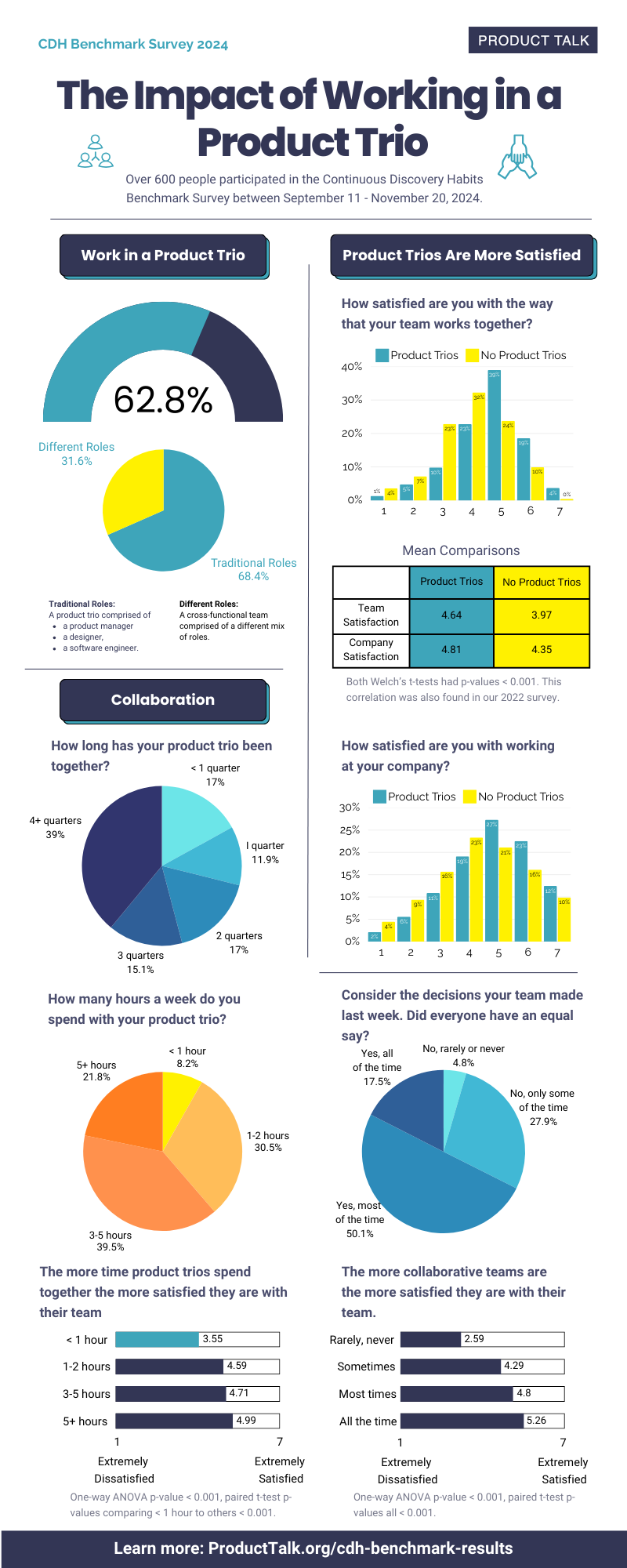Paul Weiss’s capitulation to Trump was shocking—but the law firm has been doing Exxon’s bidding for years
A powerful law firm’s acquiescence to President Donald Trump has sent shockwaves through the legal community, prompted prominent lawyers and former associates to deride the firm, and astounded even its harshest critics. In response to an executive order from the White House targeting Paul, Weiss, Rifkind, Wharton & Garrison, the firm’s chair, Brad Karp, cut a deal with Trump to provide $40 million in free legal support and conduct an audit of the firm’s DEI employment and hiring protocols. Following the deal, Trump reversed his order, which would have stripped Paul Weiss of its security clearance, terminated its federal contracts, and limited its attorneys’ access to federal buildings. A day after announcing the agreement with Paul Weiss, the White House directed federal law enforcement to punish other lawyers who challenge Trump’s initiatives in court. Until last week, Paul Weiss was best known for its pro bono work for liberal causes, fundraising for Democrats, and standing up to Trump during his first term. Trump’s order essentially took revenge on the firm for bringing a pro bono lawsuit against January 6 Capitol rioters and for its ties to Mark Pomerantz, the attorney who pursued criminal charges against Trump in the Manhattan District Attorney’s office. But the prestigious global firm—which represents ExxonMobil against lawsuits claiming the oil giant deceived the public about the dangers of burning fossil fuels—also has a history of defending corporate giants accused of harming the public. As David Moore at Sludge reported, Paul Weiss has worked to defend a range of corporate clients from liability. The firm led legal defense for the Sackler family against lawsuits for their role in the nation’s opioid crisis. It fought the U.S. Department of Justice on behalf of tobacco giant Phillip Morris when it was sued for covering up and undermining the link between smoking and cancer. Its recent work has included successfully defending Amazon executives against antitrust claims and shielding JP Morgan Chase and its directors from allegations involving Jeffrey Epstein’s criminal activity. Today, Paul Weiss serves as Exxon’s lead representation in climate deception cases brought against the oil giant by state and local governments. The company is often represented in court by Kannon Shanmugam, a top litigator at the firm who led preparations for a legal challenge against Trump in case Paul Weiss couldn’t make a deal with the president, The New York Times reported. “The firm had a choice to fight back—instead, they’ve chosen to give in, which suggests that they think their profits are better served by being in Trump’s pocket than by appearing objective,” said Haley Czarnek, national director of programs and operations at Law Students for Climate Accountability, a group that advocates for the legal industry to reckon with its role in the climate crisis. In its latest climate scorecard, Czarnek’s group calculated that Paul Weiss—which scored an “F” grade for its work involving climate change—topped all other Vault 100 firms in the number of cases in which it represented fossil fuel companies between 2019 and 2023. Still, Czarnek said she was shocked by the deal Paul Weiss made with Trump. “To completely and totally capitulate to the whims of a political figure and to turn themselves into another arm of the administration is obscene,” she said. Law Students for Climate Accountability was founded as a result of law student protests at Harvard, Yale, NYU, and the University of Michigan in 2020 urging Paul Weiss to drop Exxon as a client. The group wants to send the message that firms “cannot be neutral when it comes to the climate, because fossil fuel corporations have big money to throw around and the communities harmed” by the climate crisis do not, said Czarnek. (Oil interests donated more than $75 million to Trump’s presidential campaign.) At the time those protests began, the firm had just defeated a lawsuit brought by the New York attorney general accusing Exxon of misleading investors about the risks of climate change to its business. While arguing to dismiss that case, Paul Weiss attorneys cited a meeting memo that federal prosecutors say was illegally obtained in a hacking-for-hire scheme targeted at supporters of the lawsuits, which has since been linked back to Exxon by a middleman who pleaded guilty to participating in the hacking. The firm also defended Exxon against a lawsuit brought by Indonesian villagers who said soldiers the company hired to guard its natural gas facility committed murder and torture. The case was settled in 2023, after a former Paul Weiss attorney representing Exxon was admonished by a judge for litigation misconduct that later cost her a job at the U.S. Securities and Exchange Commission. Paul Weiss helped offset that controversial work with its large pro bono practice, touting its “unwavering commitment to providing pro bono legal assistance to

A powerful law firm’s acquiescence to President Donald Trump has sent shockwaves through the legal community, prompted prominent lawyers and former associates to deride the firm, and astounded even its harshest critics.
In response to an executive order from the White House targeting Paul, Weiss, Rifkind, Wharton & Garrison, the firm’s chair, Brad Karp, cut a deal with Trump to provide $40 million in free legal support and conduct an audit of the firm’s DEI employment and hiring protocols. Following the deal, Trump reversed his order, which would have stripped Paul Weiss of its security clearance, terminated its federal contracts, and limited its attorneys’ access to federal buildings. A day after announcing the agreement with Paul Weiss, the White House directed federal law enforcement to punish other lawyers who challenge Trump’s initiatives in court.
Until last week, Paul Weiss was best known for its pro bono work for liberal causes, fundraising for Democrats, and standing up to Trump during his first term. Trump’s order essentially took revenge on the firm for bringing a pro bono lawsuit against January 6 Capitol rioters and for its ties to Mark Pomerantz, the attorney who pursued criminal charges against Trump in the Manhattan District Attorney’s office.
But the prestigious global firm—which represents ExxonMobil against lawsuits claiming the oil giant deceived the public about the dangers of burning fossil fuels—also has a history of defending corporate giants accused of harming the public.
As David Moore at Sludge reported, Paul Weiss has worked to defend a range of corporate clients from liability. The firm led legal defense for the Sackler family against lawsuits for their role in the nation’s opioid crisis. It fought the U.S. Department of Justice on behalf of tobacco giant Phillip Morris when it was sued for covering up and undermining the link between smoking and cancer. Its recent work has included successfully defending Amazon executives against antitrust claims and shielding JP Morgan Chase and its directors from allegations involving Jeffrey Epstein’s criminal activity.
Today, Paul Weiss serves as Exxon’s lead representation in climate deception cases brought against the oil giant by state and local governments. The company is often represented in court by Kannon Shanmugam, a top litigator at the firm who led preparations for a legal challenge against Trump in case Paul Weiss couldn’t make a deal with the president, The New York Times reported.
“The firm had a choice to fight back—instead, they’ve chosen to give in, which suggests that they think their profits are better served by being in Trump’s pocket than by appearing objective,” said Haley Czarnek, national director of programs and operations at Law Students for Climate Accountability, a group that advocates for the legal industry to reckon with its role in the climate crisis.
In its latest climate scorecard, Czarnek’s group calculated that Paul Weiss—which scored an “F” grade for its work involving climate change—topped all other Vault 100 firms in the number of cases in which it represented fossil fuel companies between 2019 and 2023.
Still, Czarnek said she was shocked by the deal Paul Weiss made with Trump. “To completely and totally capitulate to the whims of a political figure and to turn themselves into another arm of the administration is obscene,” she said.
Law Students for Climate Accountability was founded as a result of law student protests at Harvard, Yale, NYU, and the University of Michigan in 2020 urging Paul Weiss to drop Exxon as a client. The group wants to send the message that firms “cannot be neutral when it comes to the climate, because fossil fuel corporations have big money to throw around and the communities harmed” by the climate crisis do not, said Czarnek. (Oil interests donated more than $75 million to Trump’s presidential campaign.)
At the time those protests began, the firm had just defeated a lawsuit brought by the New York attorney general accusing Exxon of misleading investors about the risks of climate change to its business. While arguing to dismiss that case, Paul Weiss attorneys cited a meeting memo that federal prosecutors say was illegally obtained in a hacking-for-hire scheme targeted at supporters of the lawsuits, which has since been linked back to Exxon by a middleman who pleaded guilty to participating in the hacking.
The firm also defended Exxon against a lawsuit brought by Indonesian villagers who said soldiers the company hired to guard its natural gas facility committed murder and torture. The case was settled in 2023, after a former Paul Weiss attorney representing Exxon was admonished by a judge for litigation misconduct that later cost her a job at the U.S. Securities and Exchange Commission.
Paul Weiss helped offset that controversial work with its large pro bono practice, touting its “unwavering commitment to providing pro bono legal assistance to the most vulnerable members of our society and in support of the public interest.” Now part of that practice will be dedicated to issues championed by Trump—though the firm’s chairman, Karp, promised its staff that the president would not be “dictating” which of those issues the firm chose.
“It makes really transparent what pro bono has always been about—which is doing good work for the firm, not for the public,” said Czarnek, who said that firms will typically only take on pro bono work that doesn’t conflict with the interests of their corporate clients. “The pro bono arm of any firm is a PR operation that exists to bolster the reputation of the firm,” she said.
Another law firm for major fossil fuel companies, Gibson Dunn, has used pro bono work in a similar way. During the first Trump administration, Gibson Dunn partner Ted Boutrous, who regularly argues on behalf of Chevron, offered free representation to those targeted by the president in violation of the First Amendment—and the firm represented CNN journalist Jim Acosta—who had his press pass to the White House revoked—among others.
Gibson Dunn represents Chevron against climate deception lawsuits, and just won a nearly $670 million verdict for Energy Transfer in its lawsuit against Greenpeace for assisting protests against the Dakota Access Pipeline—one of several cases the firm has pursued that legal experts say are intended to chill the free speech of its clients’ opponents.
The scales may continue to tip against communities and advocates also targeted by the Trump administration, who say they’ve been unable to obtain legal representation as law firms fearing retribution yield to Trump’s threats. But Exxon, at least, will still have its lawyers.
This piece was originally published on ExxonKnews, a project with the Center for Climate Integrity.































































































![Building A Digital PR Strategy: 10 Essential Steps for Beginners [With Examples]](https://buzzsumo.com/wp-content/uploads/2023/09/Building-A-Digital-PR-Strategy-10-Essential-Steps-for-Beginners-With-Examples-bblog-masthead.jpg)



![How One Brand Solved the Marketing Attribution Puzzle [Video]](https://contentmarketinginstitute.com/wp-content/uploads/2025/03/marketing-attribution-model-600x338.png?#)







![How to Use GA4 to Track Social Media Traffic: 6 Questions, Answers and Insights [VIDEO]](https://www.orbitmedia.com/wp-content/uploads/2023/06/ab-testing.png)




![[Hybrid] Graphic Designer in Malaysia](https://a5.behance.net/920d3ca46151f30e69b60159b53d15e34fb20338/img/site/generic-share.png)

![[HYBRID] ?? Graphic Designer](https://a5.behance.net/cbf14bc4db9a71317196ed0ed346987c1adde3bb/img/site/generic-share.png)























